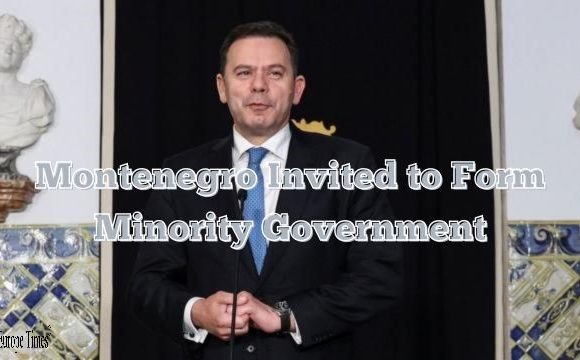
Spain has demanded a public apology after Javier Milei, Argentina’s president, implied that the wife of Spanish Prime Minister Pedro Sánchez, Begoña Gómez, was corrupt during a far-right rally in Madrid. Although not directly naming her, Milei’s remarks were aimed at Ms. Gómez, whom he associated with corruption, saying, “When you have a corrupt wife, let’s say, it gets dirty.”
The controversy follows an investigation launched in April by a Spanish court into Ms. Gómez over allegations of influence peddling, which an opposition party had raised. The right-wing anti-corruption group making the allegations has since conceded they might be unfounded, and prosecutors called for the dismissal of the case last month due to a lack of evidence.
In response to Milei’s remarks, Spain’s foreign minister, José Manuel Albares, demanded an apology and warned that Spain might cut diplomatic ties with Argentina if none was forthcoming. Albares stated that Milei’s comments insulted both Spain and its leader.
However, Argentina’s Interior Minister Guillermo Francos stated that no apology would be issued by Argentina. Instead, he insisted that Spain should apologize for past remarks made about Milei. This follows a recent incident where a Spanish minister suggested that Milei had used drugs, which Milei condemned as slanderous.
The diplomatic tensions between Spain and Argentina have intensified since Milei, known for his contentious remarks about other world leaders, assumed office. He has previously labeled Brazil’s President Inacio Lula da Silva as an “angry communist” and Mexico’s President Andrés Manuel López Obrador as “ignorant.”
Picture Courtesy: Google/images are subject to copyright

